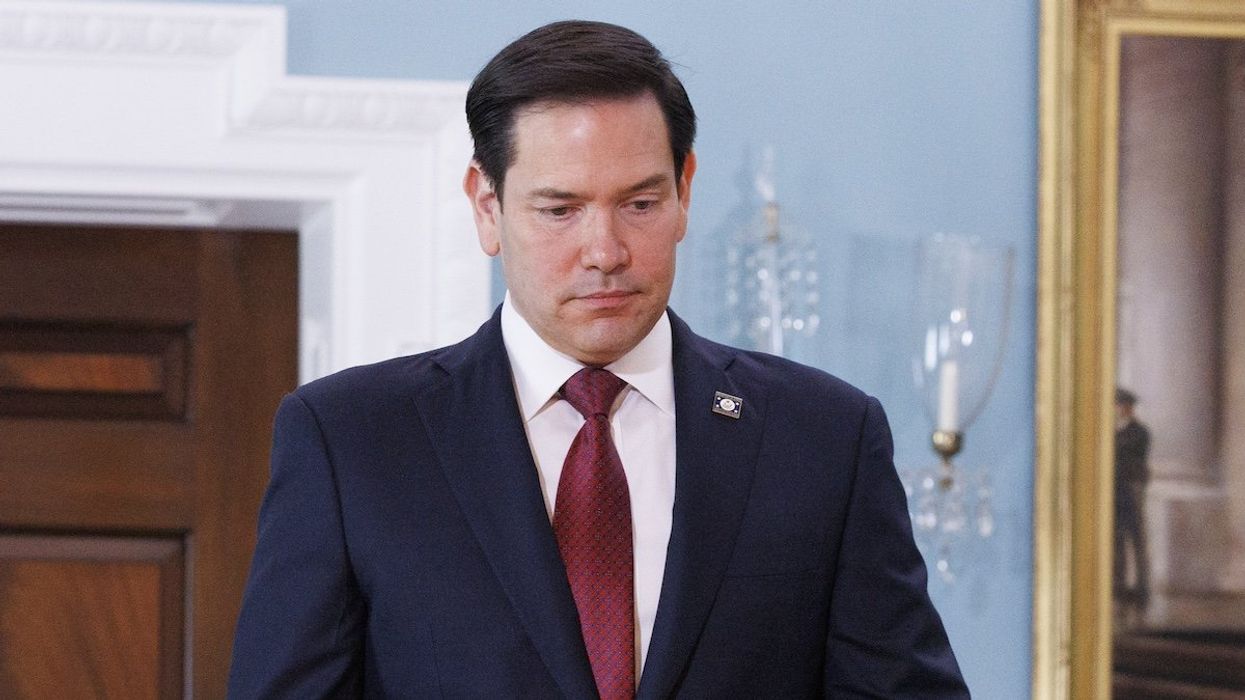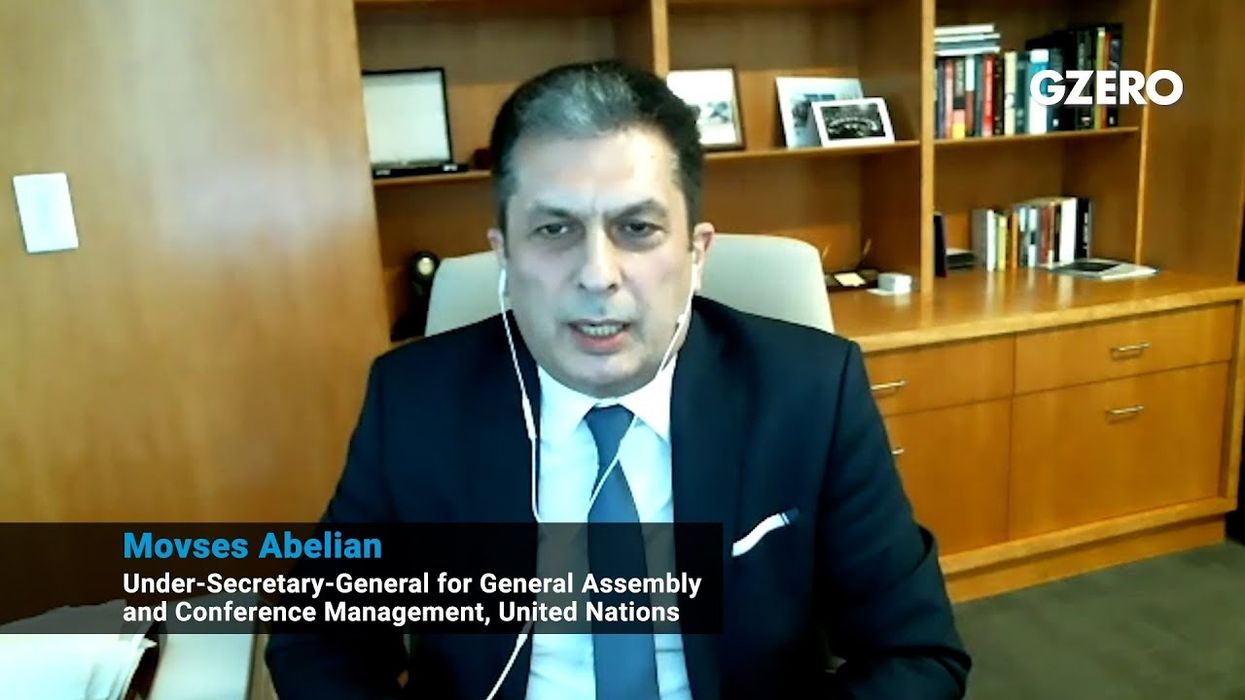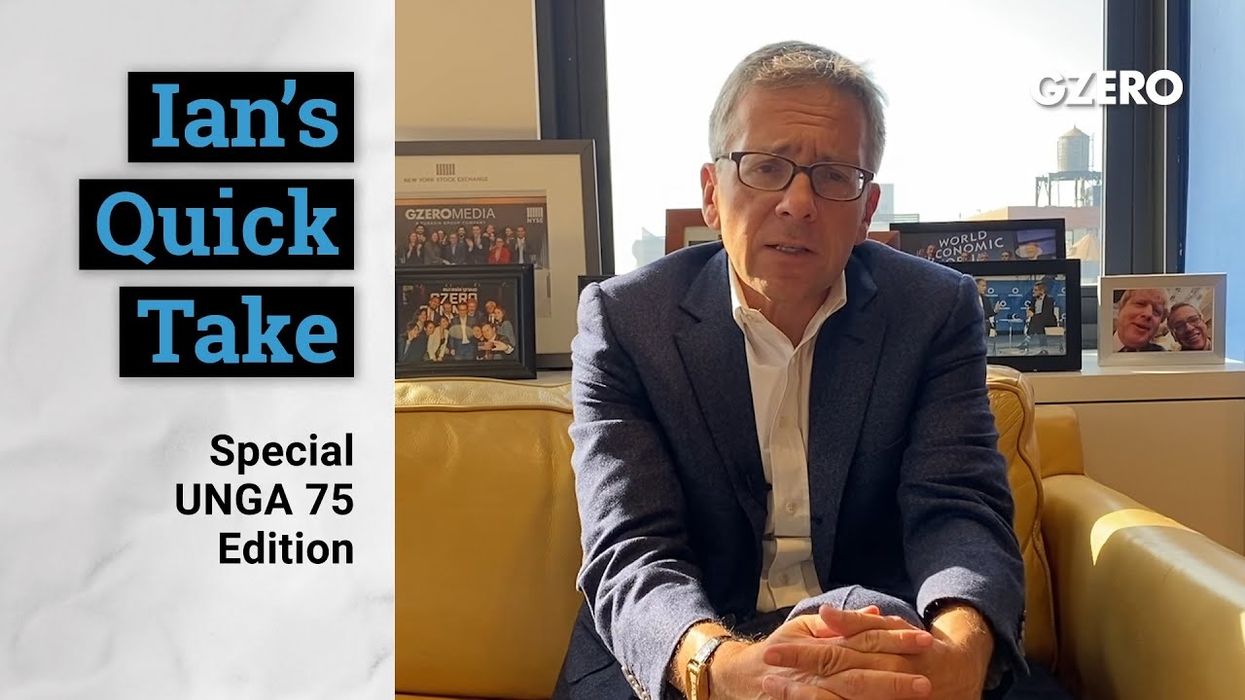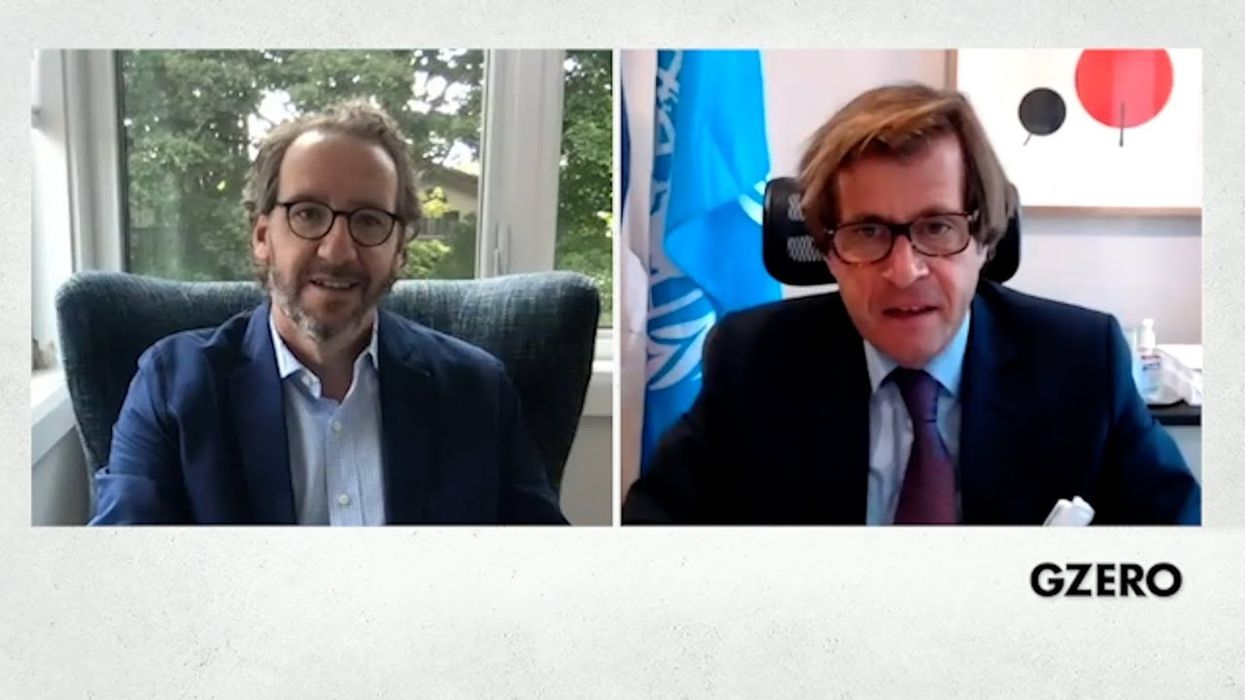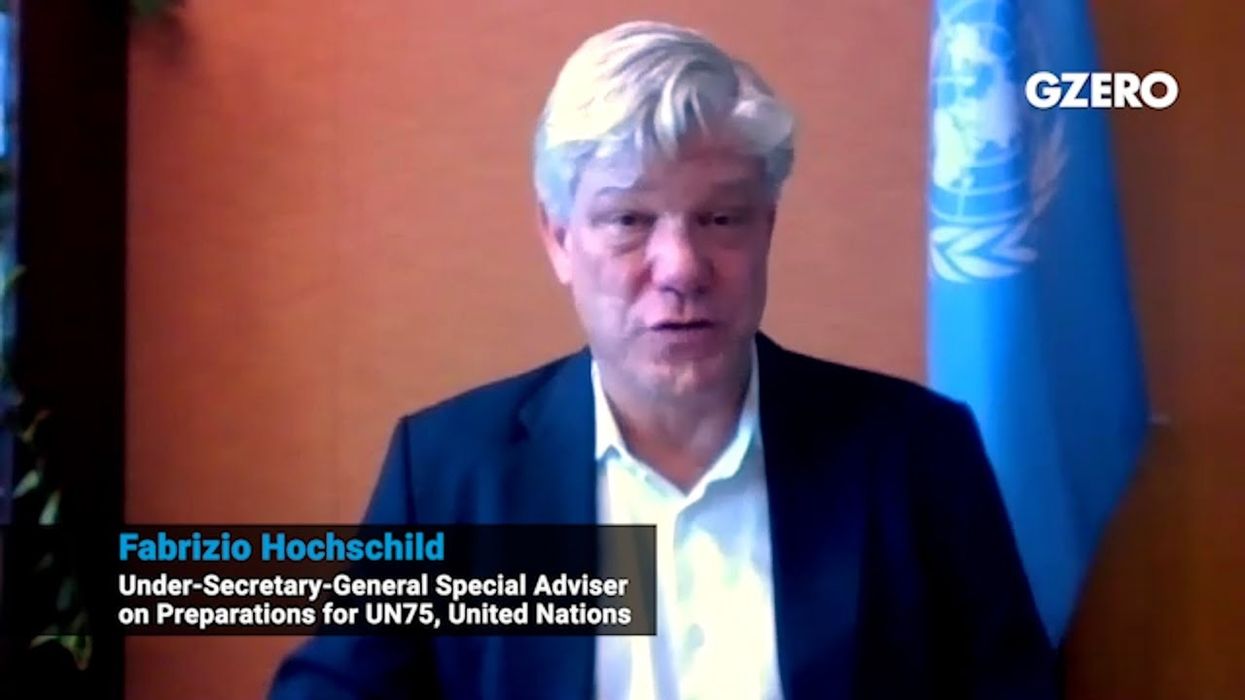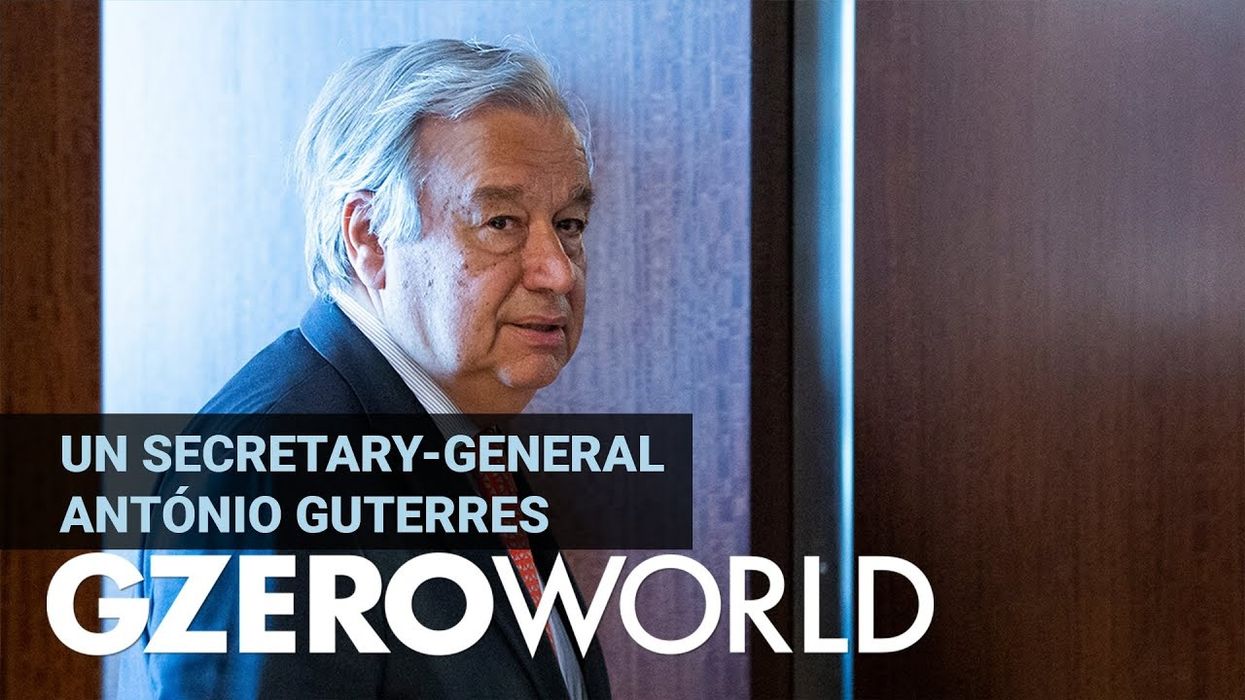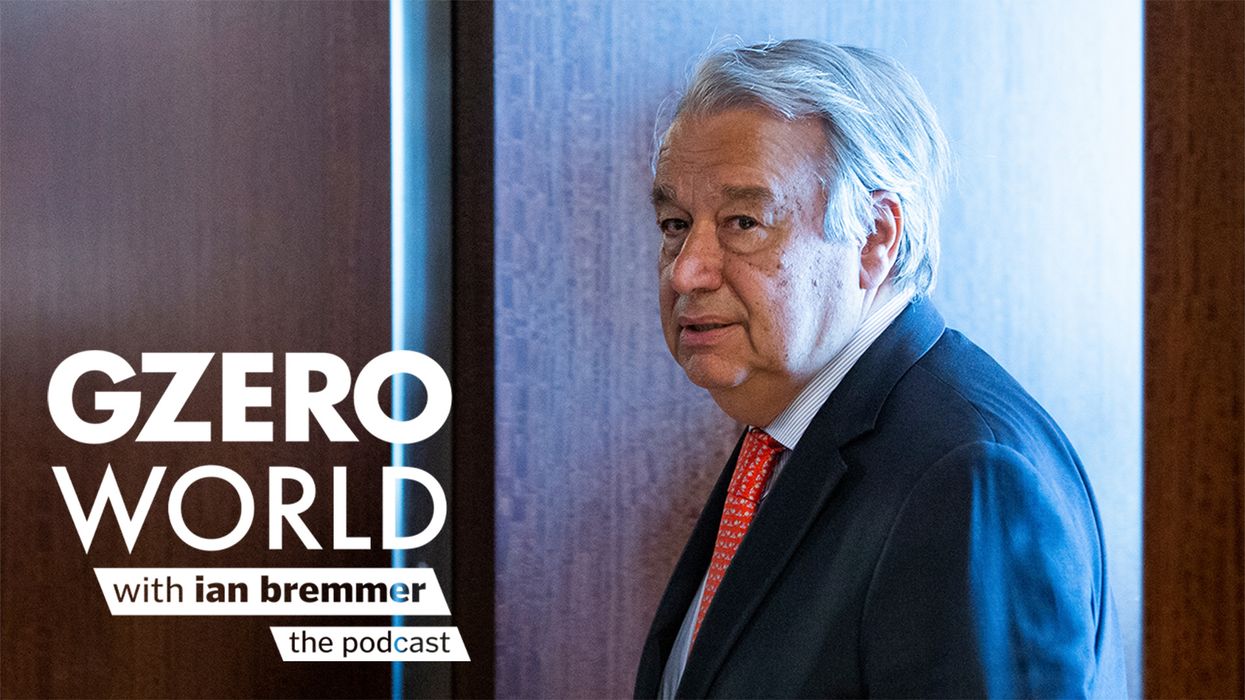What We're Watching
State Department announces major overhaul
Secretary of State Marco Rubio announced a reduction in State Department staff and bureaus on Tuesday as the Trump administration continues its staffing and program cuts. But some diplomats are breathing a sigh of relief.
Apr 22, 2025
